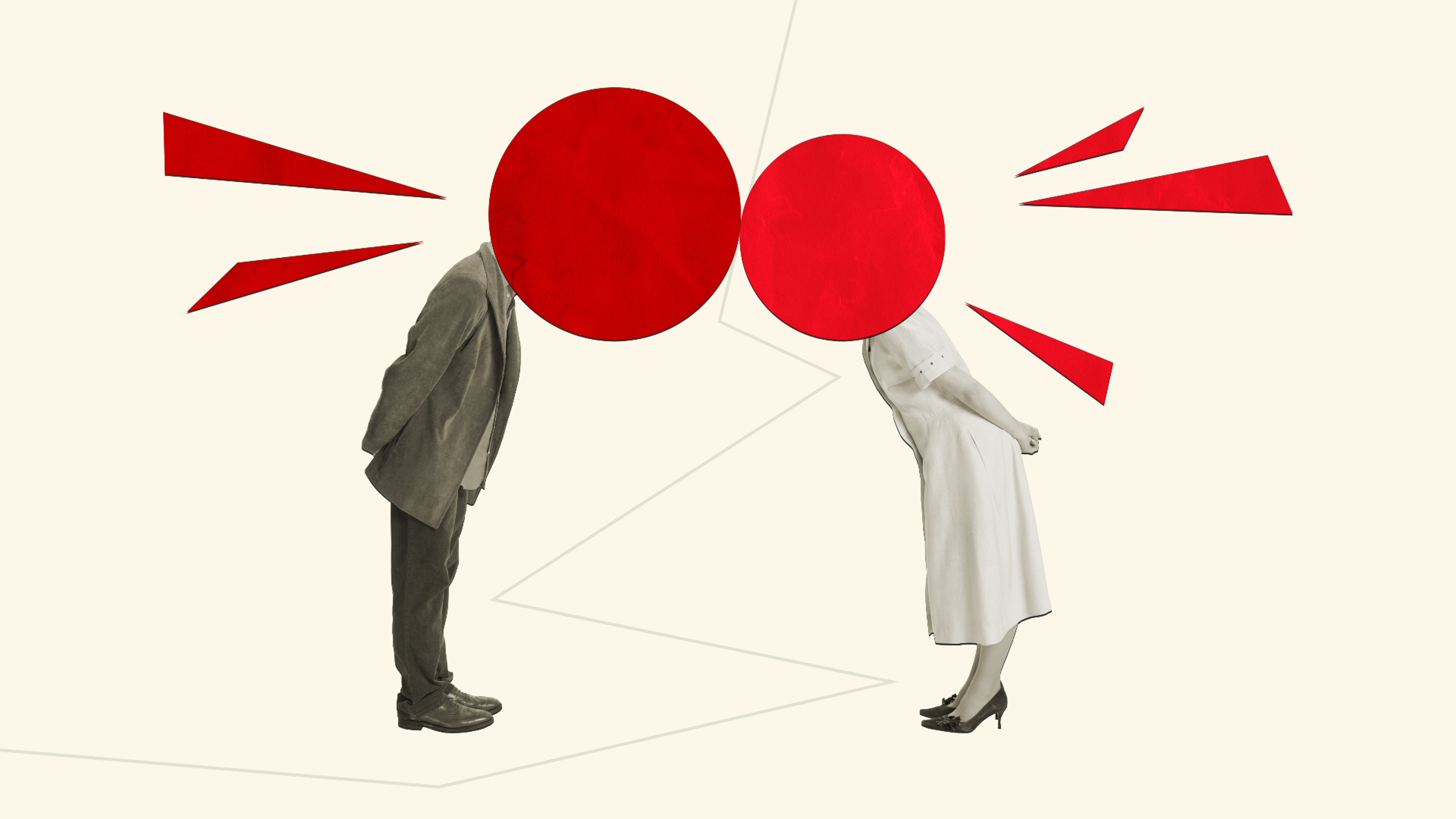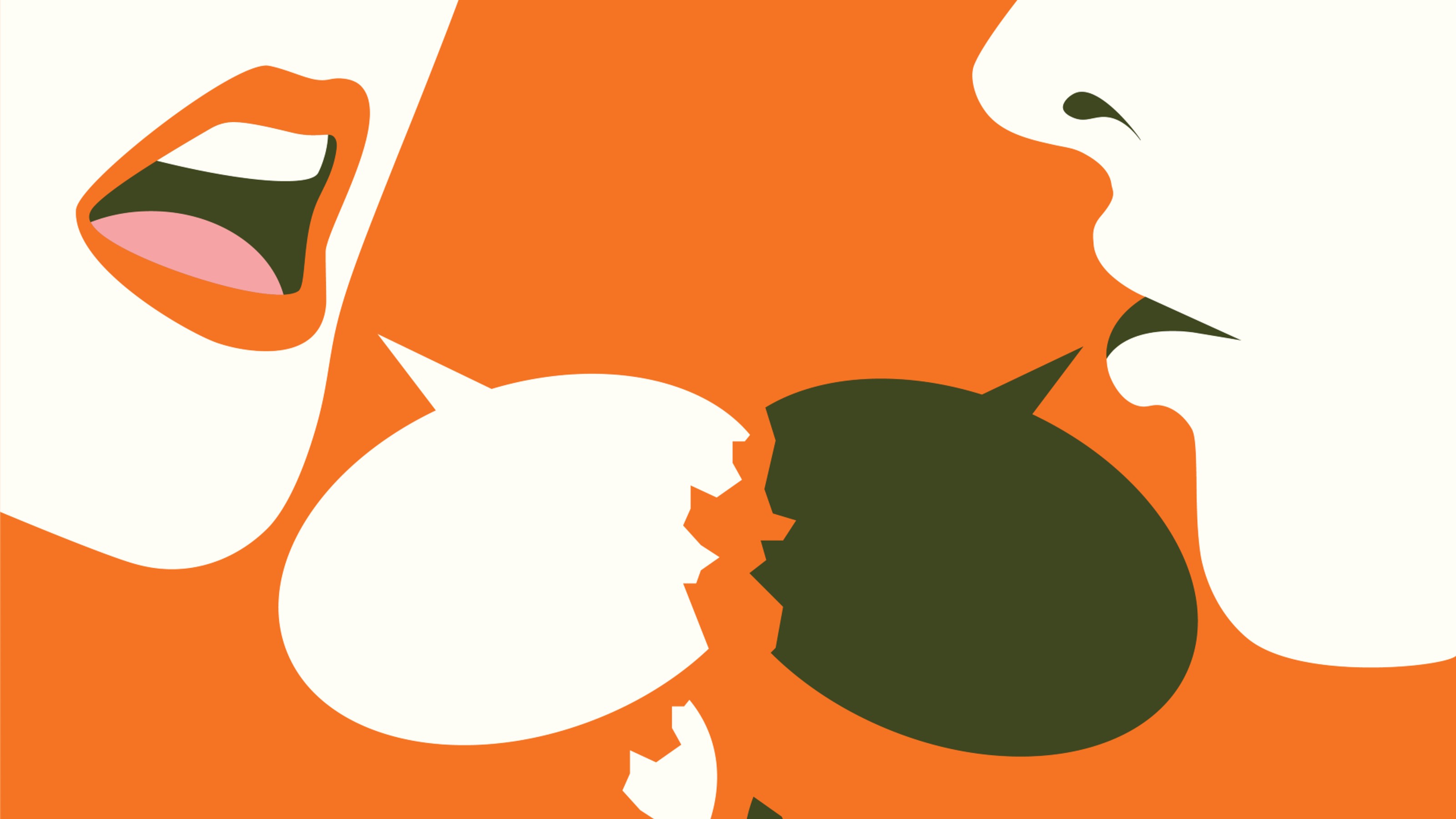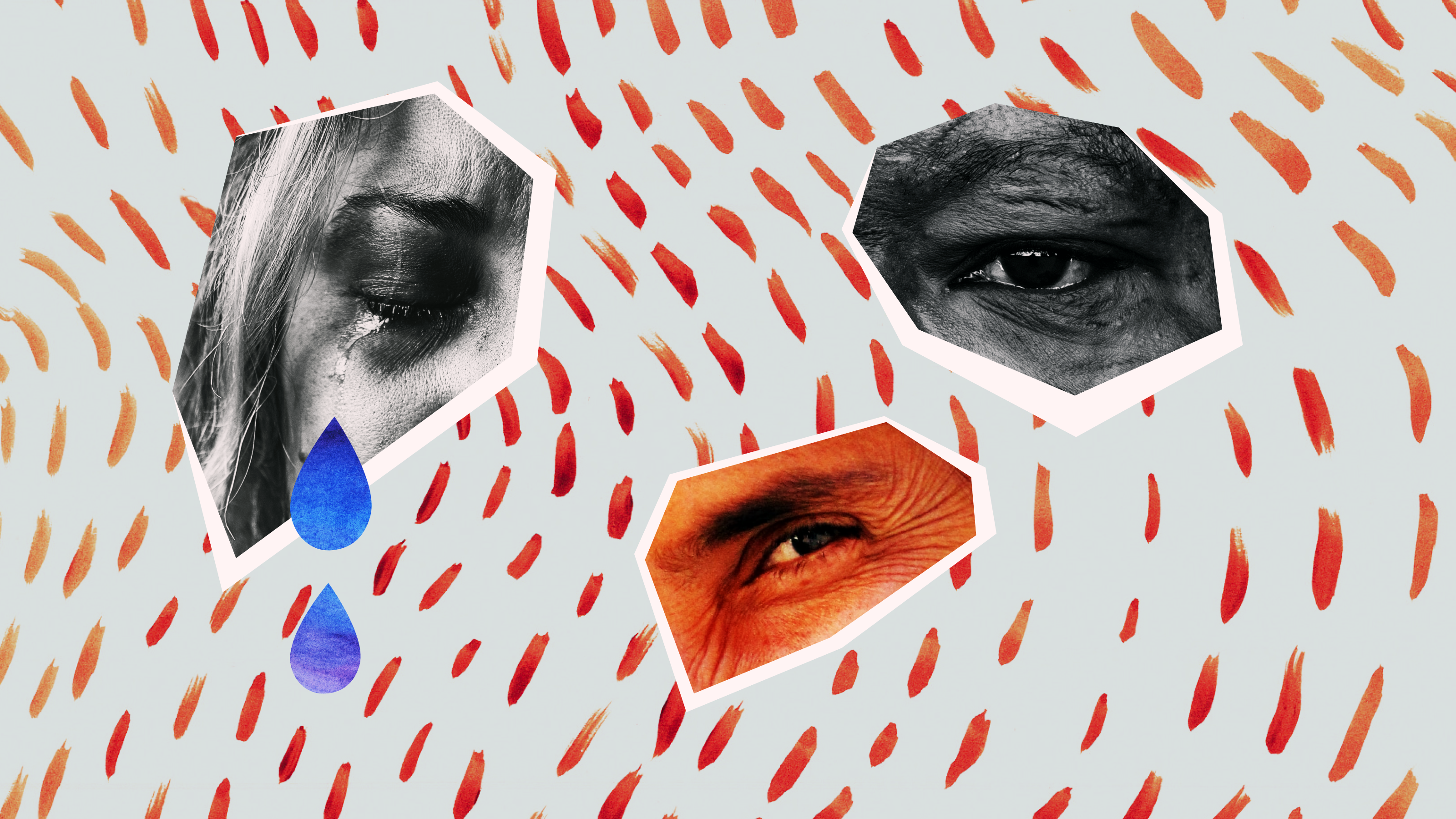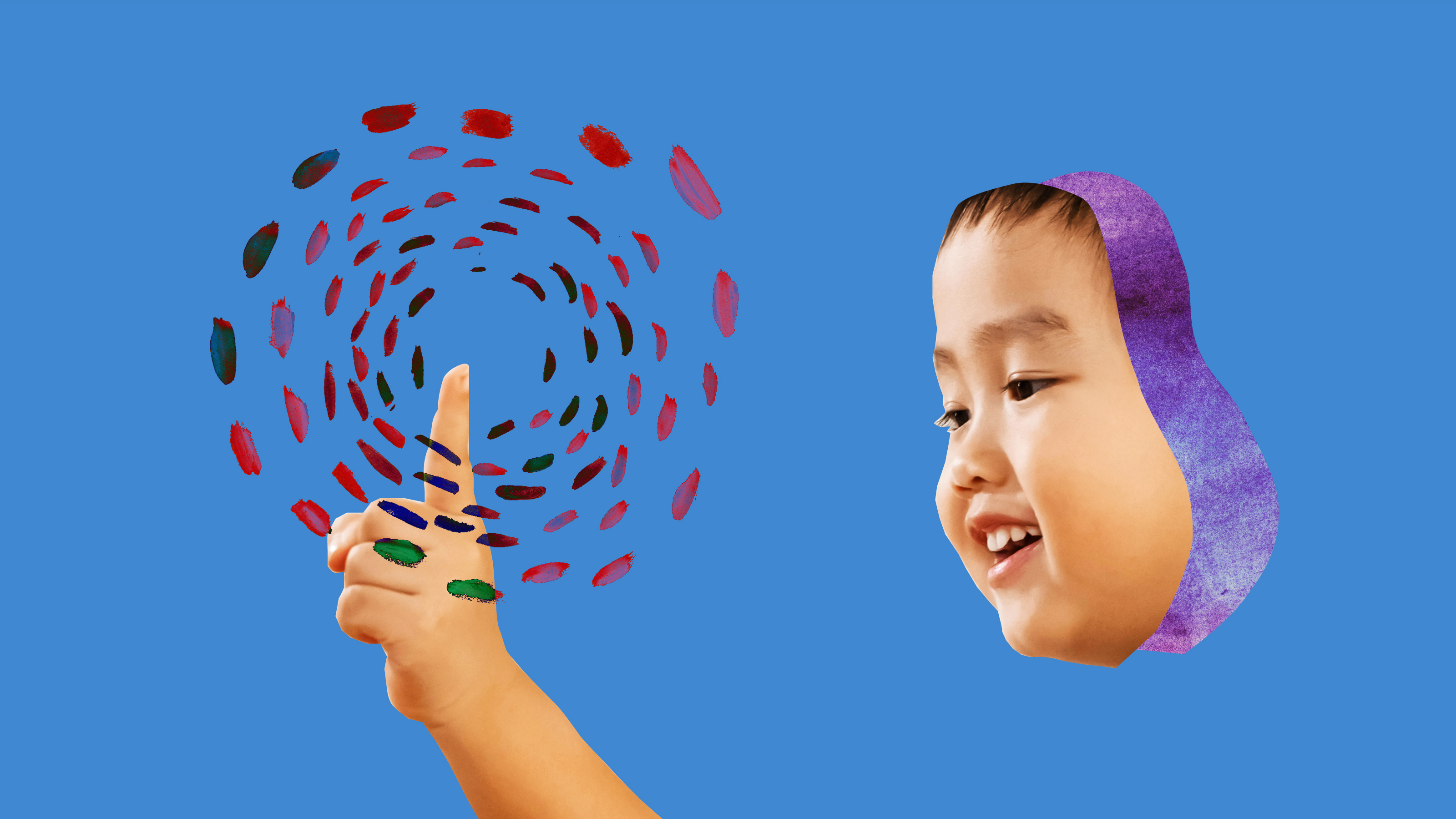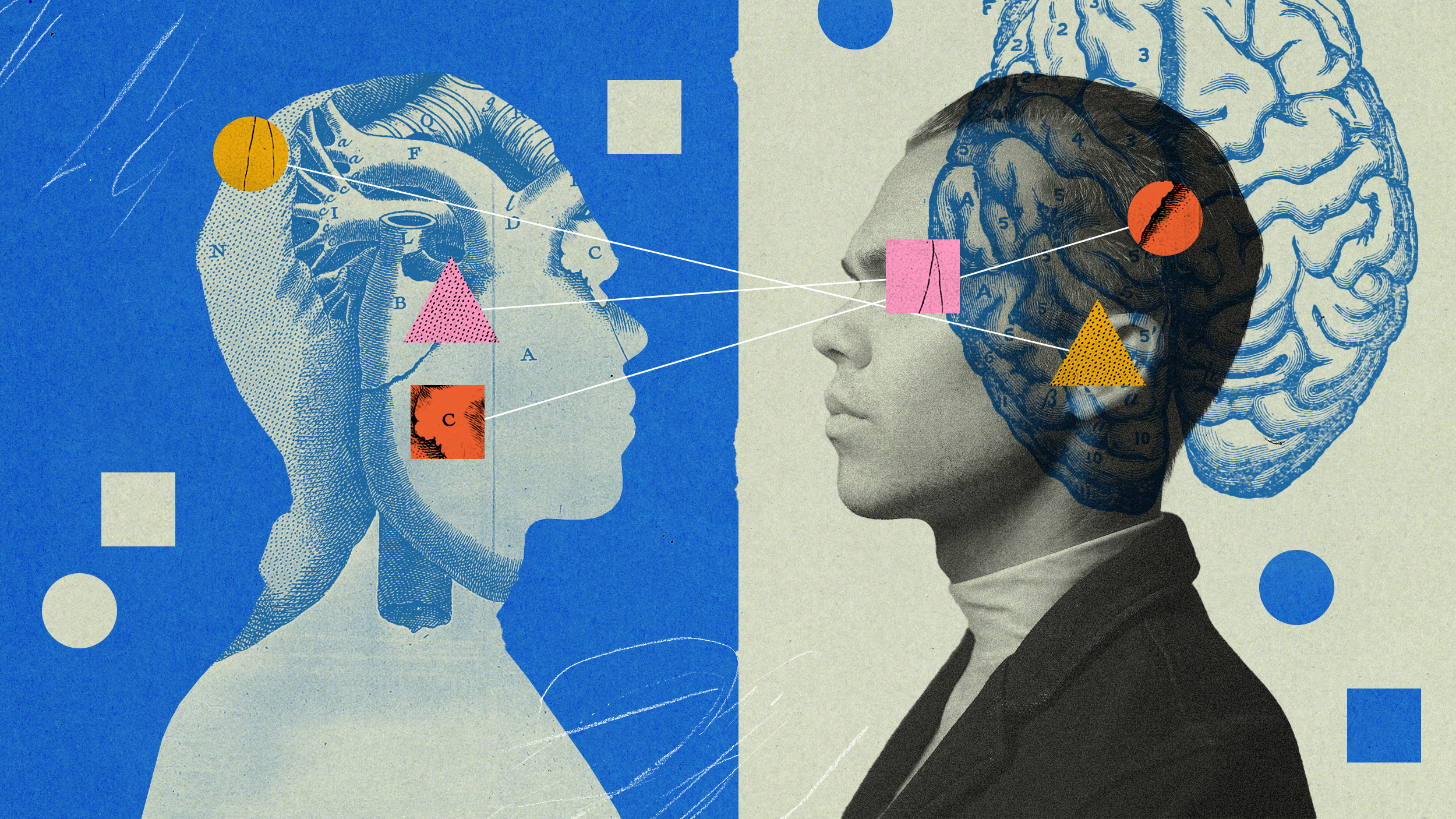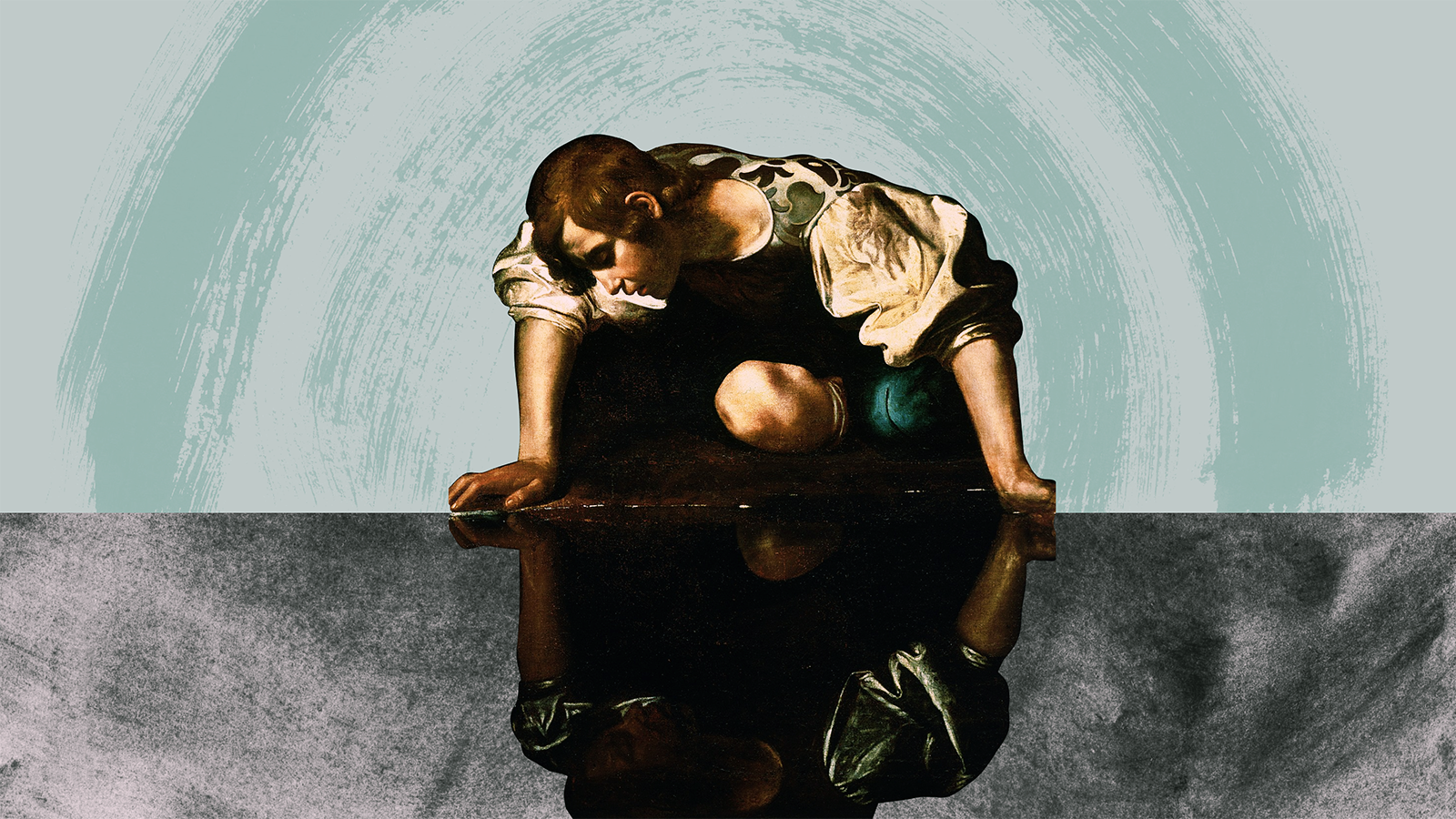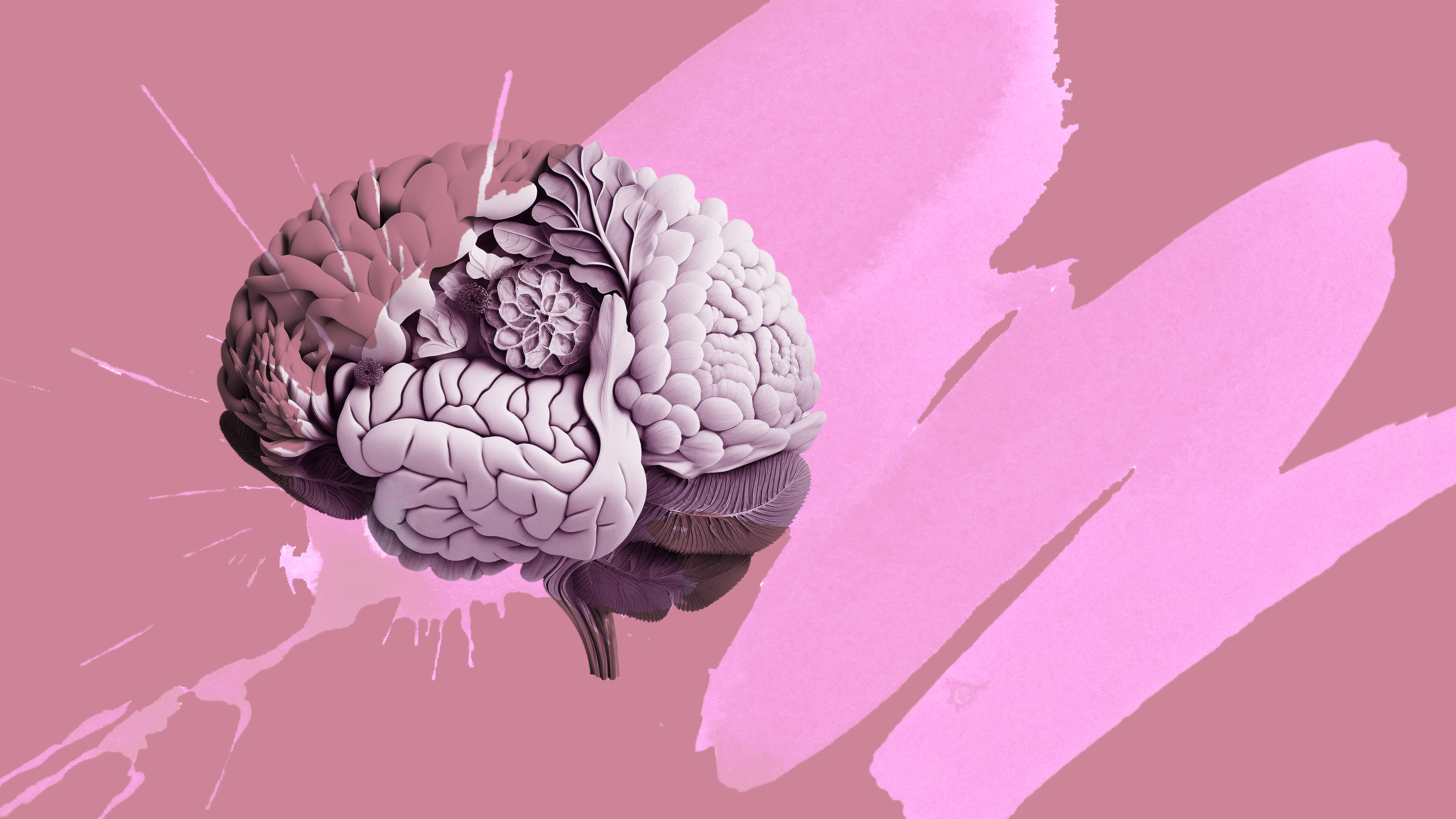emotional intelligence
Research suggests parenthood helps couples tune into each other’s minds and emotional states.
It’s a lot easier to point out things that are gezellig (adjective) than it is to define gezelligheid (noun) itself.
Treating “oniomania” or compulsive buying disorder is about protecting your finances as well as your mental health.
There are three barriers we need to overcome to have better, more productive arguments.
You might suppress your emotions when you walk through the door at work. But your colleagues can still feel them.
▸
6 min
—
with
Do you think other people are happier than you?
Kids are more anxious and depressed than ever. Is identity politics to blame?
▸
10 min
—
with
Long-term research efforts have revealed alarming mental health trends.
Always look on the bright side of death.
End of life patients face mental health challenges uniquely existential and spiritual in nature — but psychedelics are emerging as a possible solution to relieve the suffering.
The utilitarian “greatest happiness principle” has remained popular for two centuries — is it time for a rethink?
Arguments don’t have to be about winning or losing; they can help us build trust despite disagreeing.
High-conflict people are found in all walks of life. Learning how to identify them, and what to do next, can save you much emotional turmoil.
Financial setbacks are more common than you might think.
When it comes to handling our emotions, we can’t afford to be none the WISER.
Your five-year-old can probably spot a cop-out.
There’s such thing as a healthy sense of pride in oneself and one’s accomplishments.
Four key components to guide the creation of emotional intelligence training for leaders.
Within the “Dark Triad” of personality traits, narcissism exists on a confidence spectrum.
“Of course, the spleen is the biggest organ in the body.”
Extreme home environments — either very supportive or harshly negligent — tend to produce more sensitive kids.
“We are biologically programmed to have empathy. It’s something we can’t suppress.”
Mindfulness may be especially useful for gaining more control of your impulses to spend.
Lonely humans will become infatuated with AI-fabricated personas.
Hint: They hold off on talking about their alien god until much later.
There’s a link between dark personality traits and breaches of battlefield ethics.
It may be an advantage in some contexts.
Research shows how “dark” Brett Martinpersonality traits affect Bitcoin enthusiasm.
Money shame is more common than you might think.
Anyone can have a bad day at work, but not everyone scores this high on narcissism, psychopathy and Machiavellianism.



